Keywords: Australian Politics
-
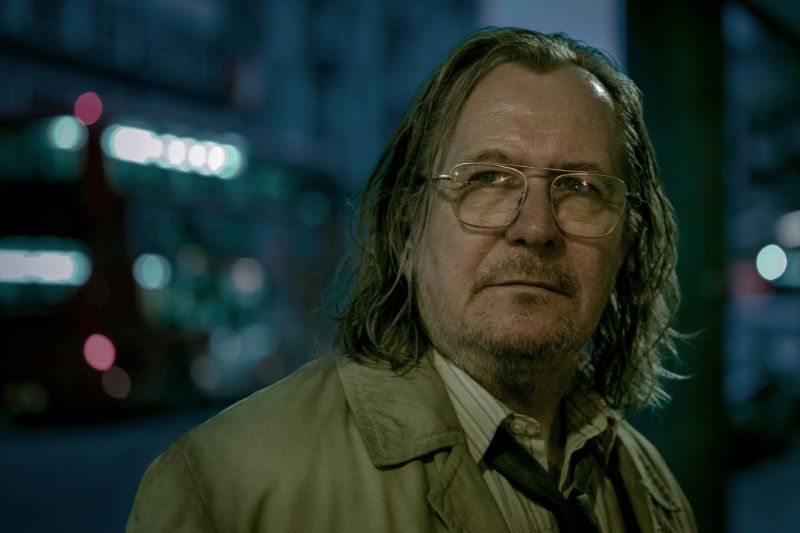
ARTS AND CULTURE
- Juliette Hughes
- 12 September 2024
4 Comments
Slow Horses is one of those dramas that are even better than the books they’re based on. The TV series is blessed by having Gary Oldman as Jackson Lamb, the grisly spy-genius with a preternatural instinct for sniffing out hidden agendas.
READ MORE
-
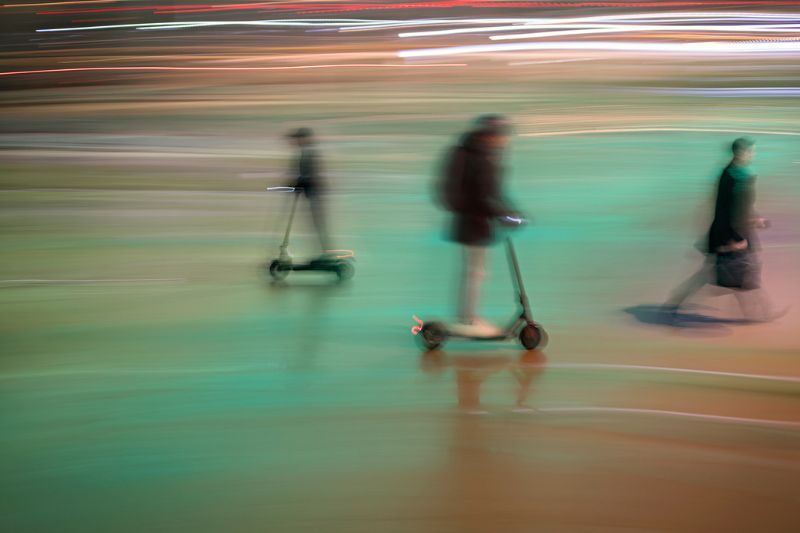
AUSTRALIA
- Andrew Hamilton
- 05 September 2024
1 Comment
Electric scooters have become a flashpoint in Australian cities, pitting residents against local councils. While some embrace scooters as convenient and eco-friendly, others raise valid concerns about safety and regulation. As cities grapple with these issues, the broader question is, how can we effectively balance individual freedoms with community wellbeing?
READ MORE
-
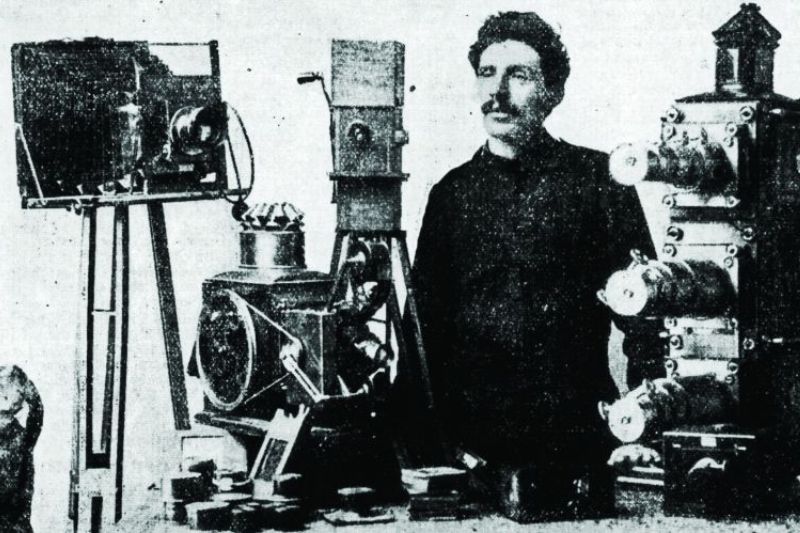
AUSTRALIA
- Barry Gittins
- 29 August 2024
In the early 20th century, the Salvation Army emerged as a dominant player in the nascent film industry. From pioneering filmmaking techniques to navigating the first moral dilemmas around film censorship, their cinematic journey is a fascinating, often-forgotten chapter in film history.
READ MORE
-
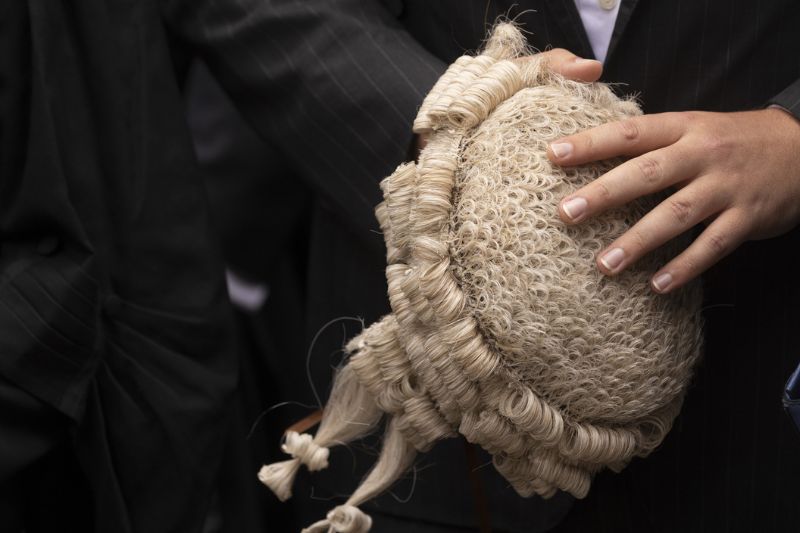
AUSTRALIA
- Frank Brennan
- 20 August 2024
6 Comments
In the aftermath of the failed Voice referendum, questions arise about the legal profession’s role in public discourse. Was this a missed opportunity for legal experts to provide critical analysis and guidance on such a significant constitutional matter?
READ MORE
-
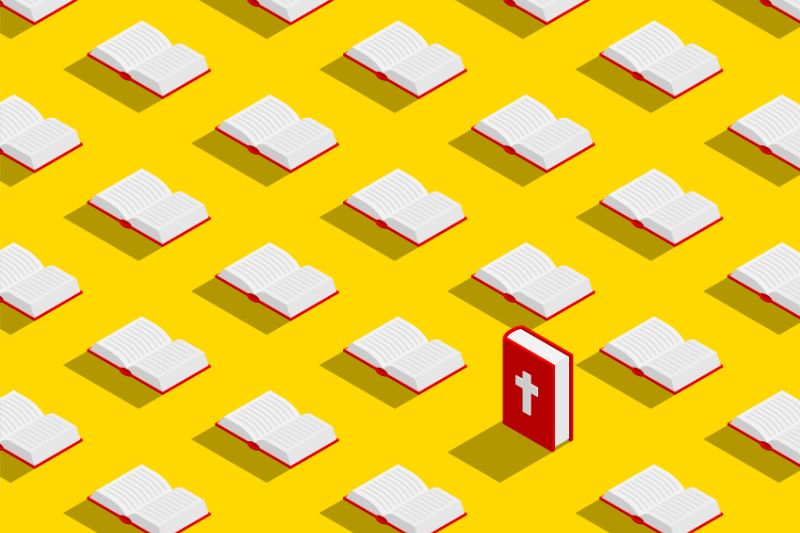
EDUCATION
- Jacinta Collins
- 20 August 2024
11 Comments
As the discourse surrounding religious freedom in Australia becomes increasingly contentious, especially in the context of schooling, we must address the growing perception that holding religious beliefs and values — and making choices based on them — is somehow discriminatory or at odds with modern society.
READ MORE
-

ARTS AND CULTURE
- Cherie Gilmour
- 16 August 2024
The Lion King roared onto screens 30 years ago, capturing hearts unlike any Disney film since. But as the entertainment giant stumbles, it's worth considering the enduring magic of Simba's story and why modern Disney has struggled to recapture that spark.
READ MORE 
-
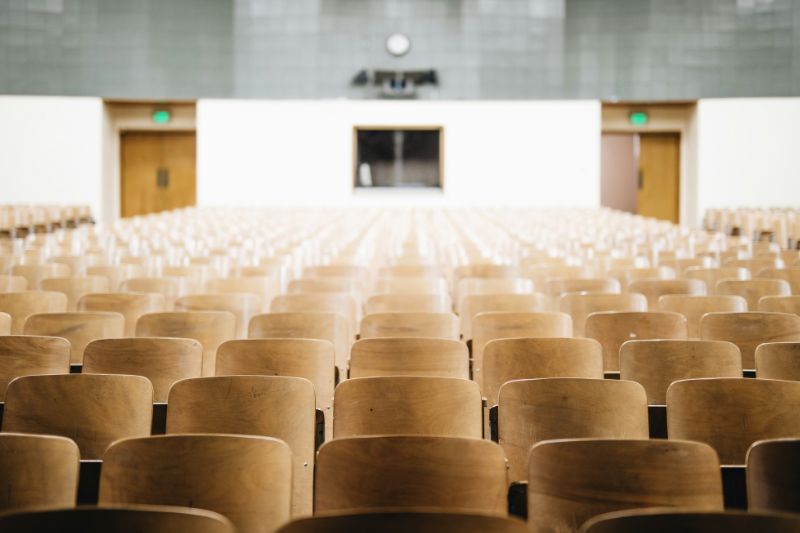
EDUCATION
- Erica Cervini
- 14 August 2024
University fee hikes have disproportionately affected humanities students, particularly those from disadvantaged backgrounds. Despite promises of affordability, many arts degrees now cost more than $50,000, a significant barrier to access for many talented students.
READ MORE
-
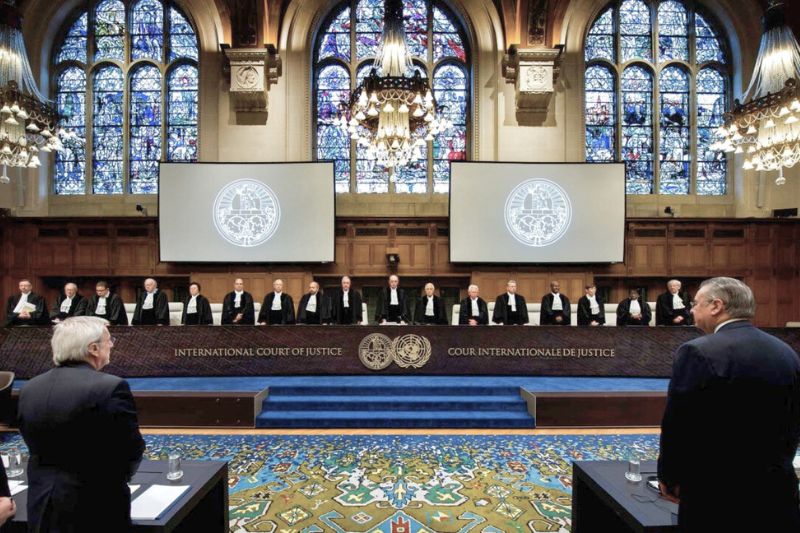
INTERNATIONAL
- Andrew Hamilton
- 08 August 2024
3 Comments
The International Court of Justice (ICJ) recently ruled that Israel’s occupation of Palestinian territories had violated international law by encouraging settlements on occupied land. While the judgment imposes legal obligations, it does not consider how they might be met.
READ MORE
-
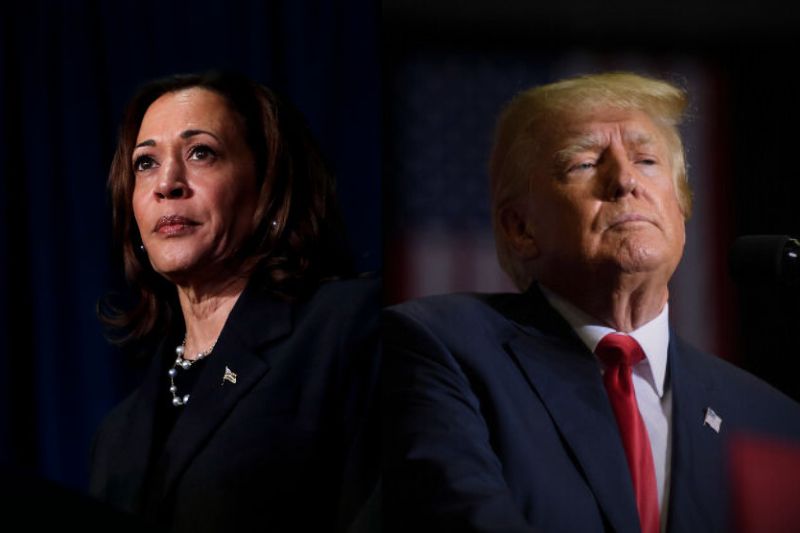
INTERNATIONAL
- James Massola
- 31 July 2024
3 Comments
The November election is shaping up to be a pivotal moment for Australia. With either Kamala Harris or Donald Trump at the helm of the United States, Australia could be affected in unexpected ways, from how we deal with China to trade policies and our relationships in the Asia-Pacific region.
READ MORE
-
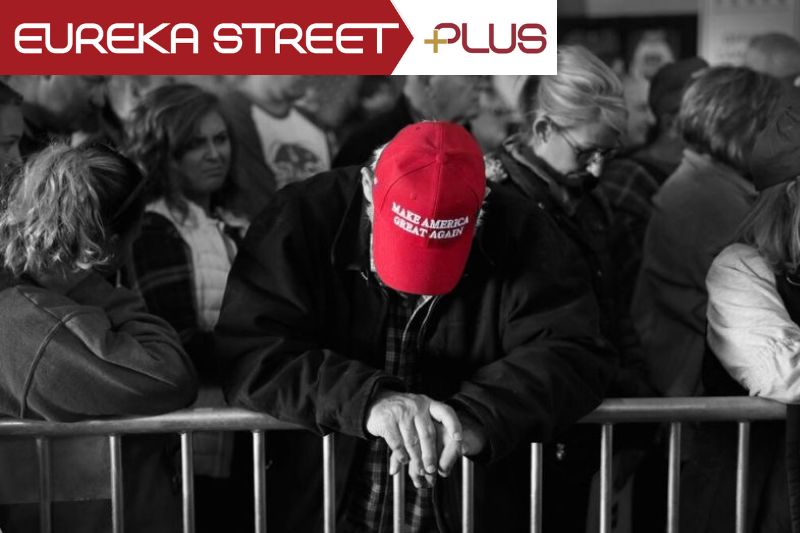
INTERNATIONAL
- Peter Craven
- 25 July 2024
It’s easy, isn’t it – much too easy – to invoke the standard response that only in the so-called Land of the Free could these things transpire. A vulgar, mendacious man who has refused to believe that he lost the last election is now the improbable victim of an assassination attempt. And the incumbent president, who has not done badly at his impossible job, surrenders his chance at re-election.
READ MORE 
-
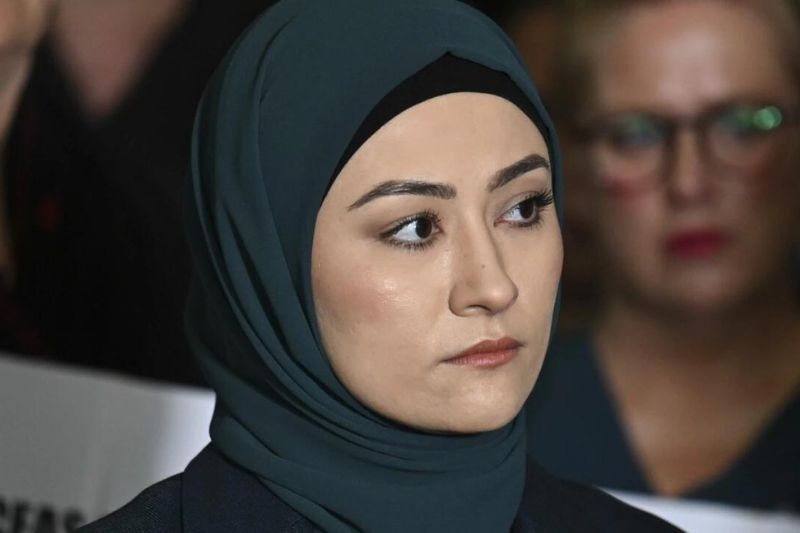
AUSTRALIA
- Binoy Kampmark
- 16 July 2024
2 Comments
Senator Fatima Payman's departure from Labor over a pro-Palestine vote and the emergence of 'The Muslim Vote' have reignited debates about faith in Australian politics. While PM Albanese cautions against religious influence, his stance overlooks the nation's history of faith shaping governance, raising questions about the feasibility of separating belief from policy-making.
READ MORE
-
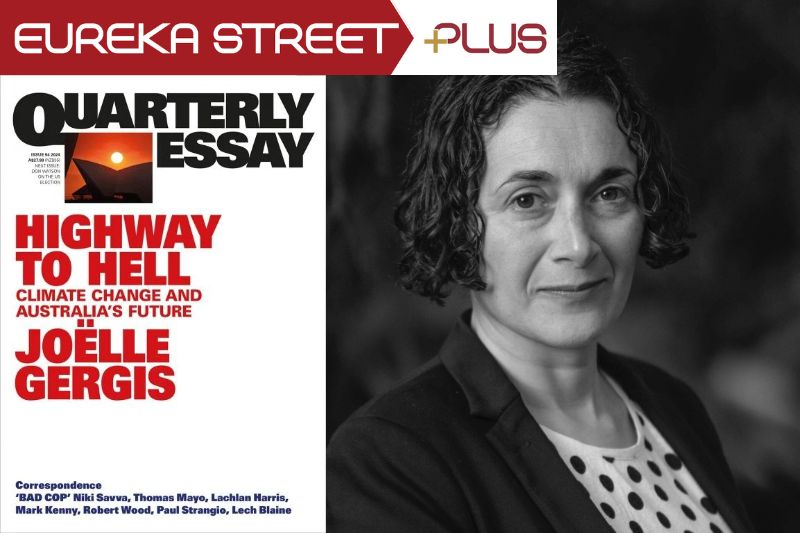
ENVIRONMENT
- Julie Perrin
- 12 July 2024
1 Comment
In her new Quarterly Essay Highway to Hell, Australian climate scientist Joëlle Gergis pleads in language beyond the careful neutrality of traditional science-speak: ‘We need you to stare into the abyss with us and not turn away.’
READ MORE 